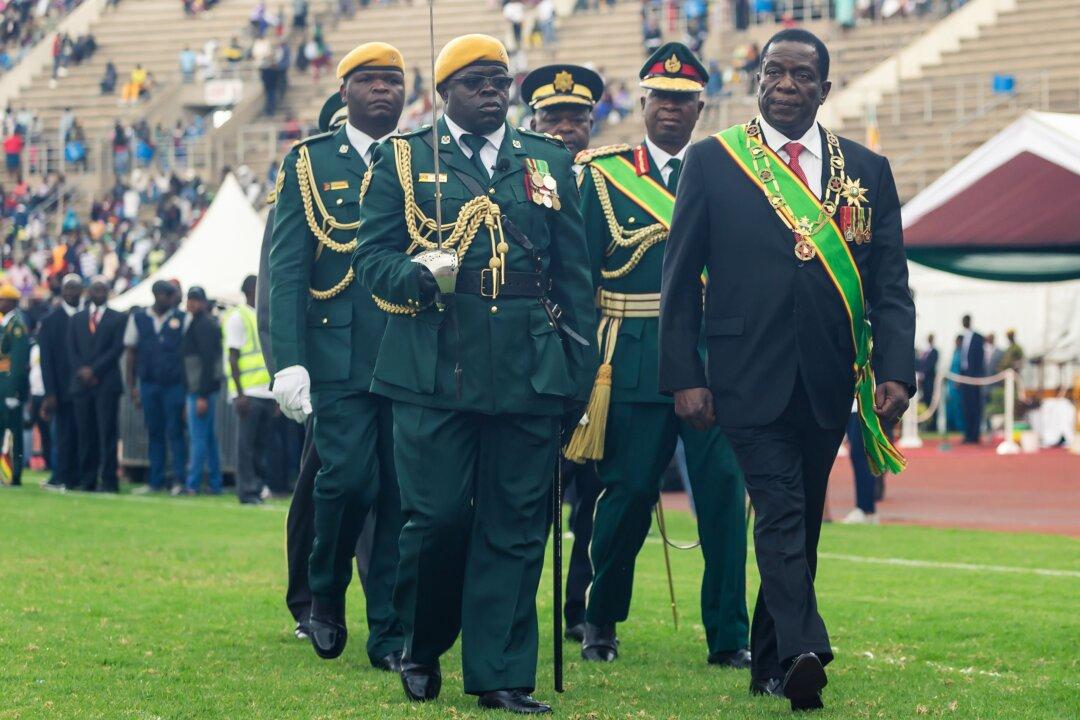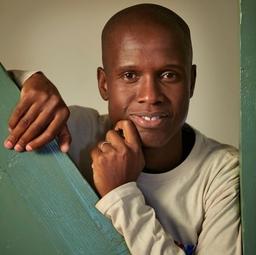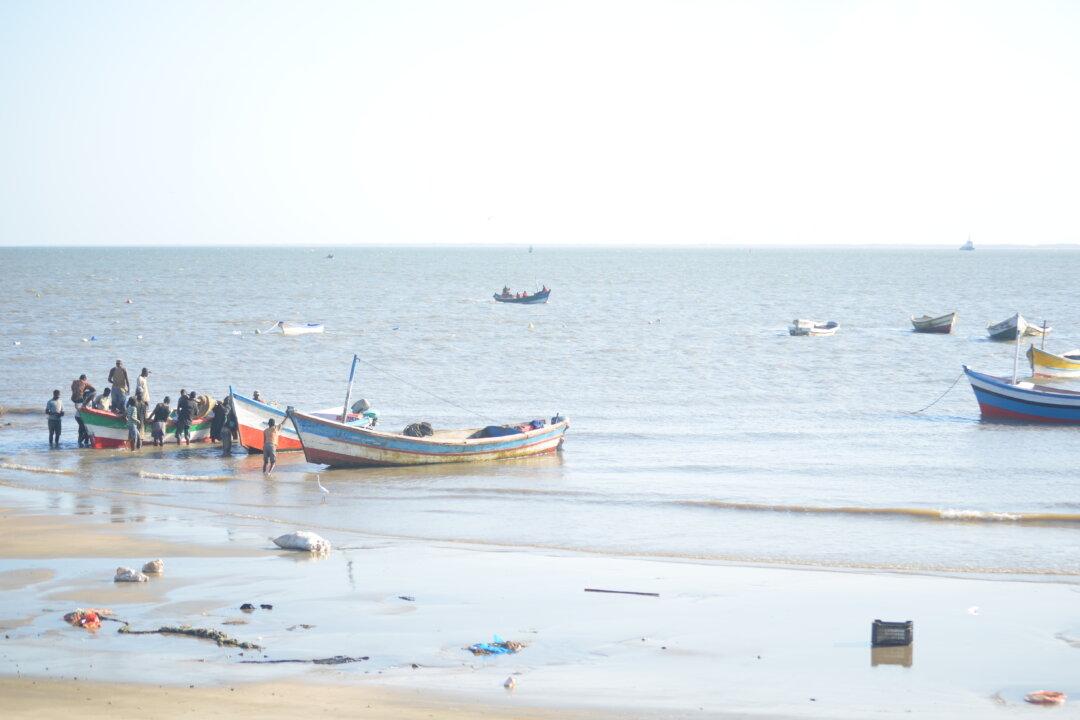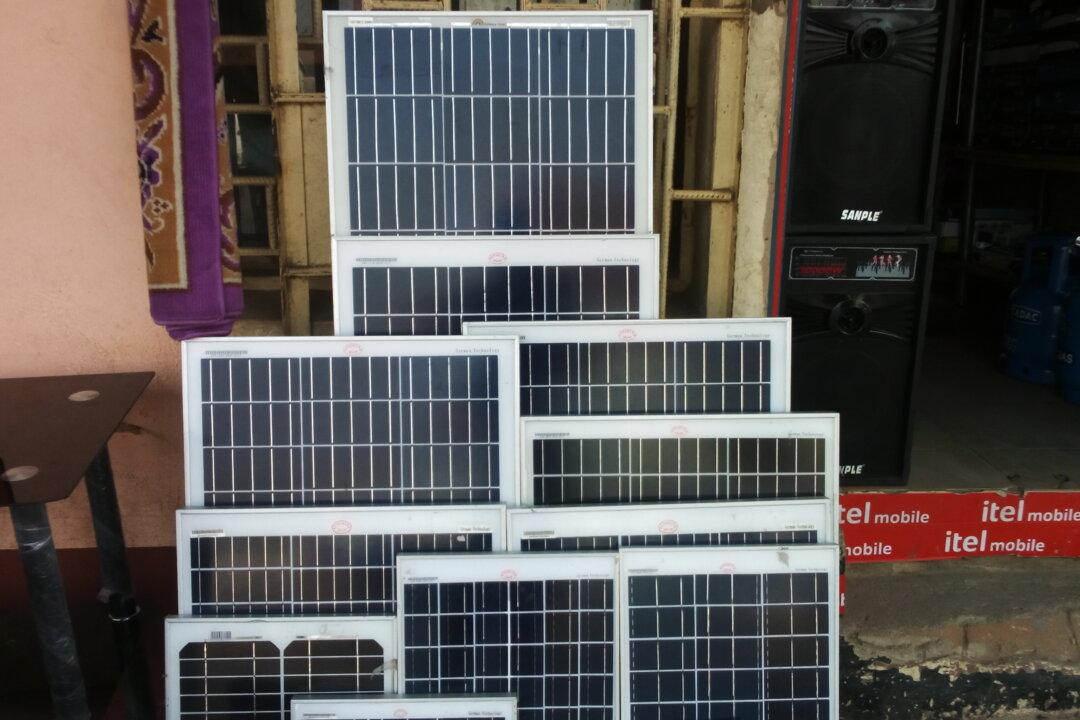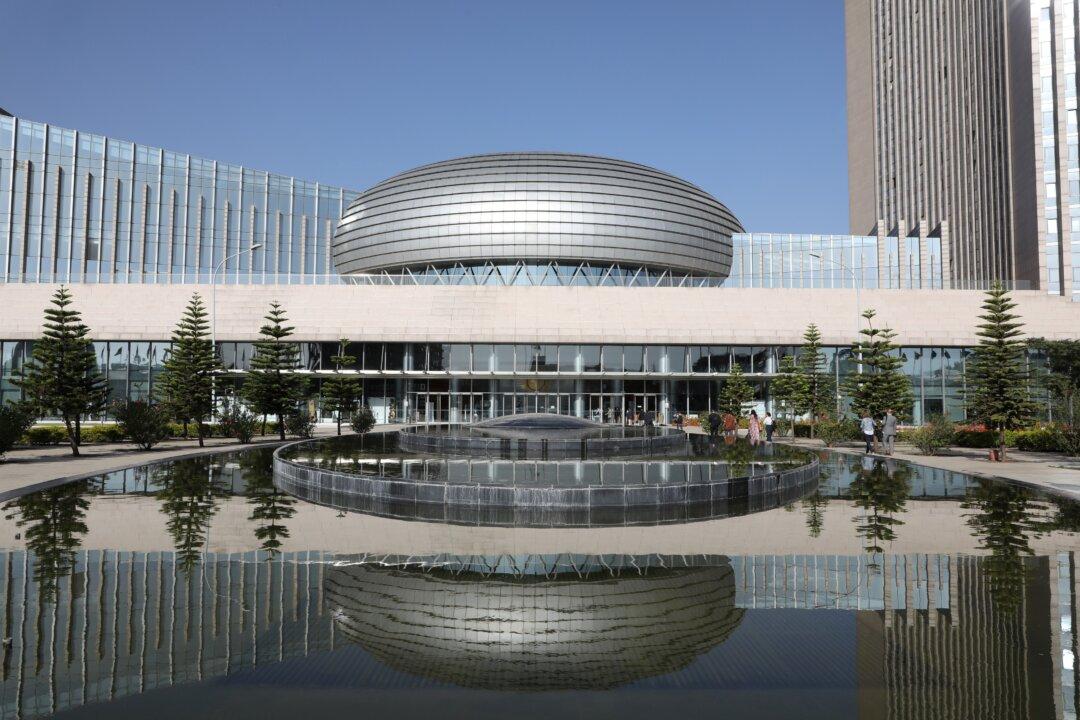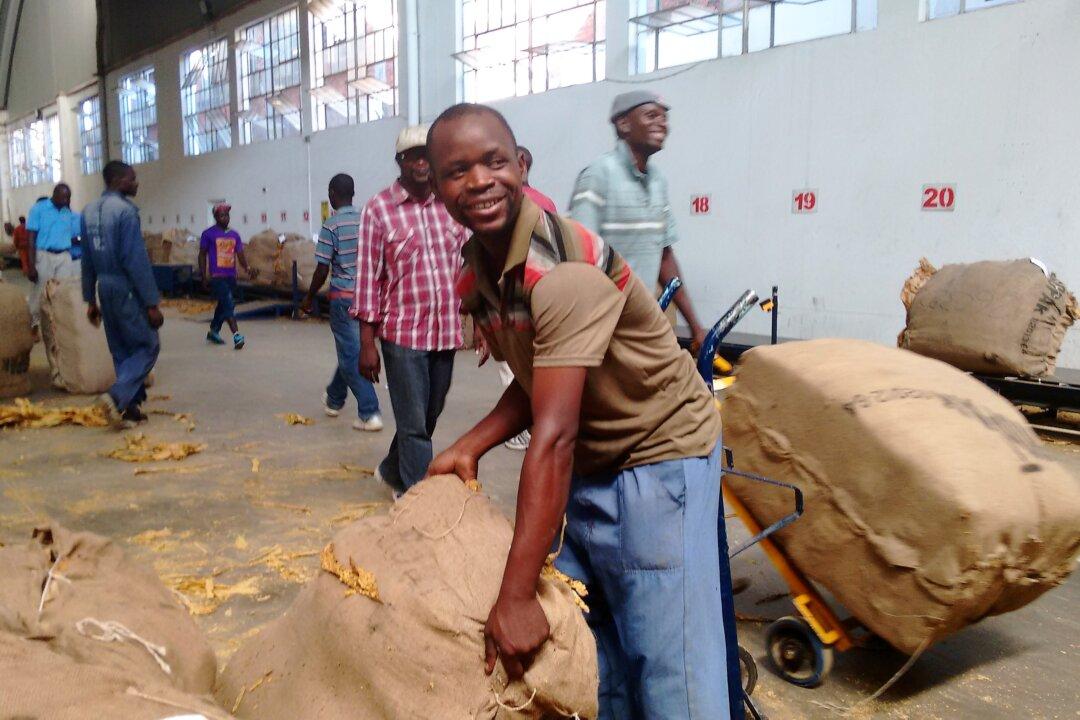MUTARE, Zimbabwe—Zimbabwe President Emmerson Mnangagwa said he plans to stop a Chinese company from carrying out quarrying activity north of the capital Harare, following protests by local villagers.
Mnangagwa told hundreds of people gathered at Showgrounds in Domboshava on June 5, for the country’s monthly National Clean-up Campaign, that the Chinese company—China Aihua Jianye—should stop quarrying operations in the area.
